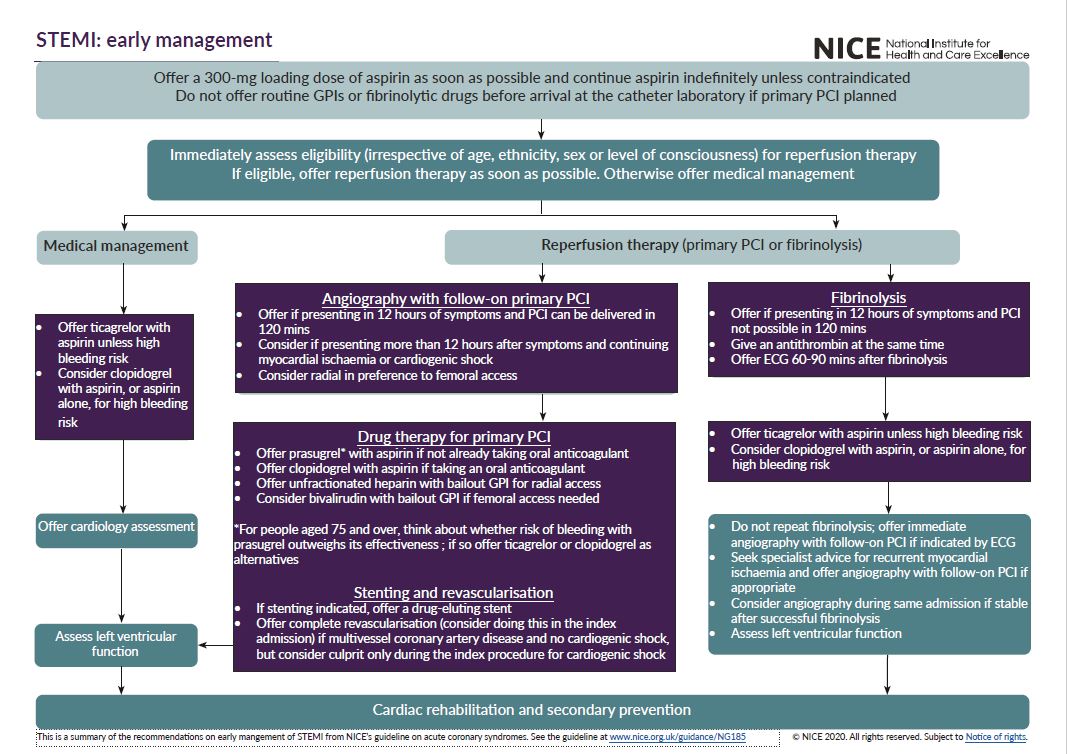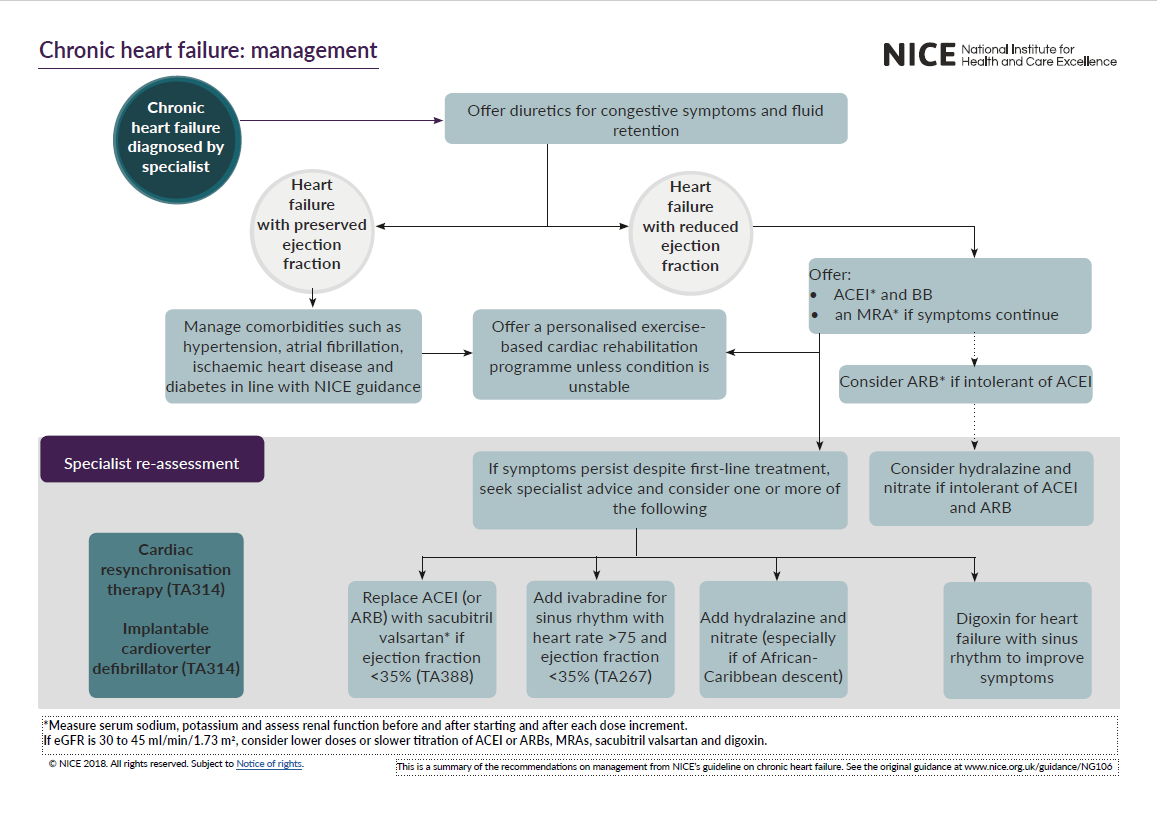Autism Diagnosis Guidelines Uk An autism diagnosis should be based on criteria listed in the Diagnostic and Statistical Manual of Mental Disorders 5th Edition DSM 5 or the International Classification of Diseases 11th Revision ICD 11 according to the National Institute for Health and Care Excellence NICE guidelines Although many people including most autistic
This guideline covers recognising and diagnosing autism spectrum disorder in children and young people from birth up to 19 years It also covers referral It aims to improve the experience of children young people and those who care for them Find out the first step in getting you or your child diagnosed as autistic and how a diagnosis can help
Autism Diagnosis Guidelines Uk
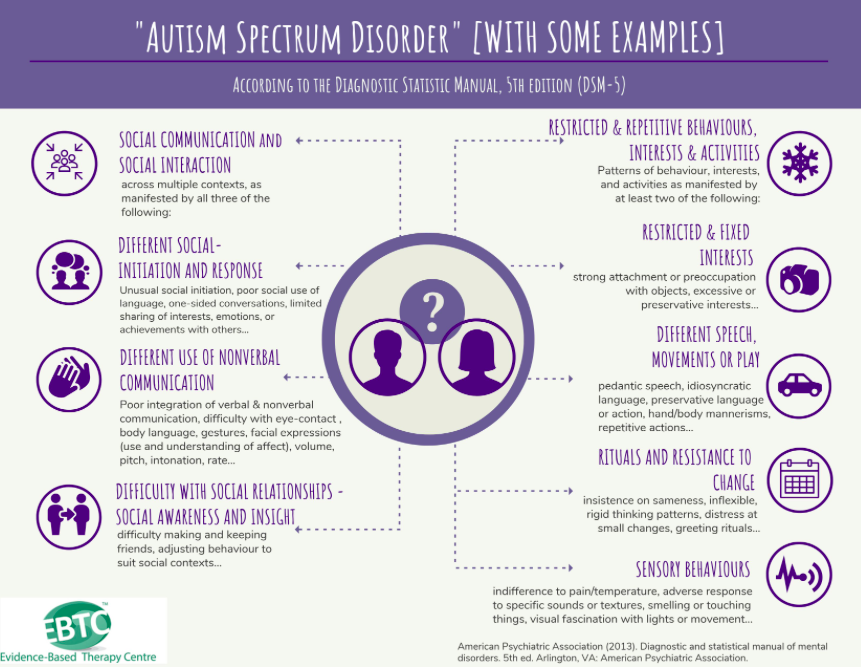
Autism Diagnosis Guidelines Uk
https://www.ebtc.ie/wp-content/uploads/2019/06/Screen-Shot-2019-06-12-at-10.56.50.png
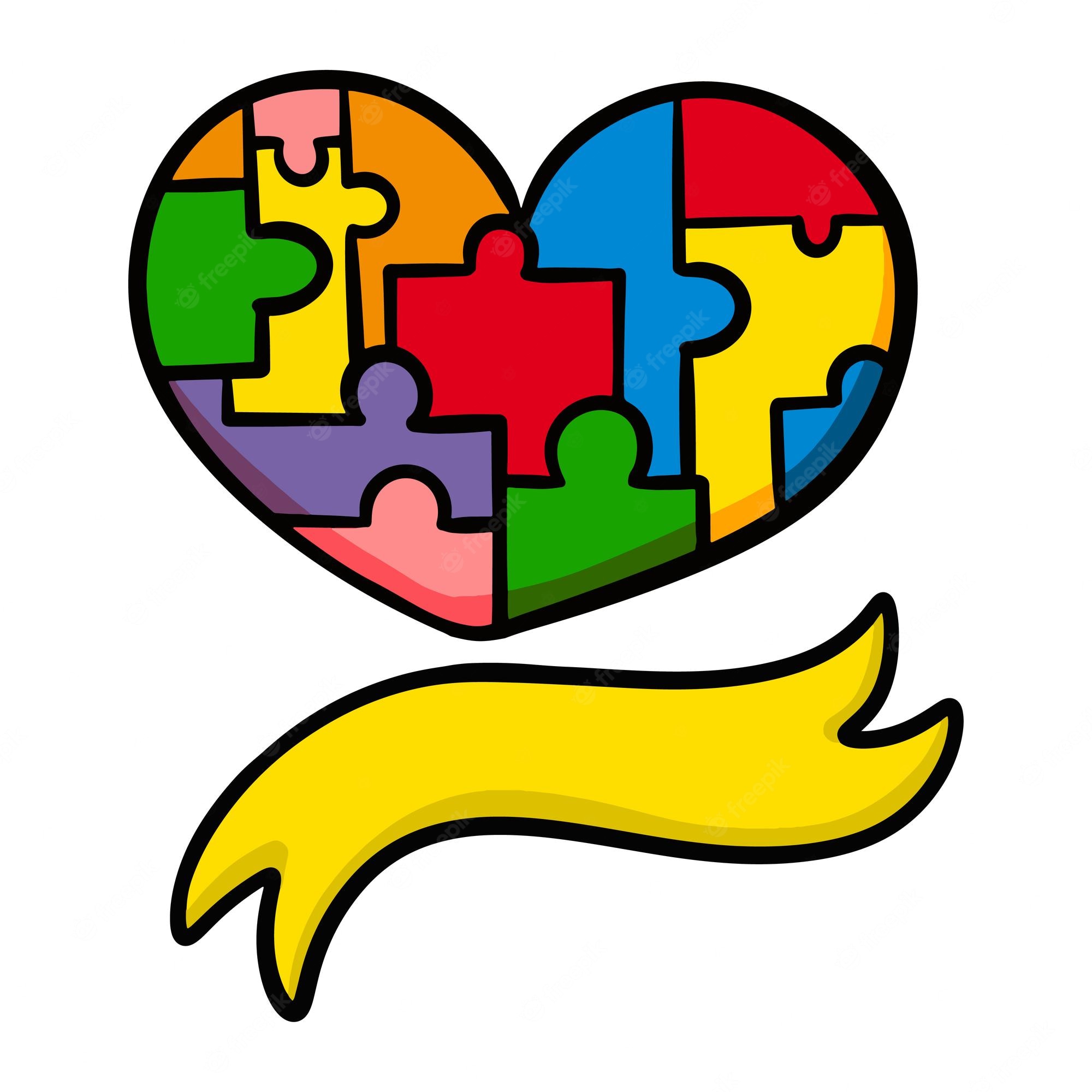
Autism Symbol Cliparts Free Download Clip Art Library
https://clipart-library.com/2023/puzzle-heart-ribbon-clip-art-world-autism-awareness-day_1365-1153.jpg
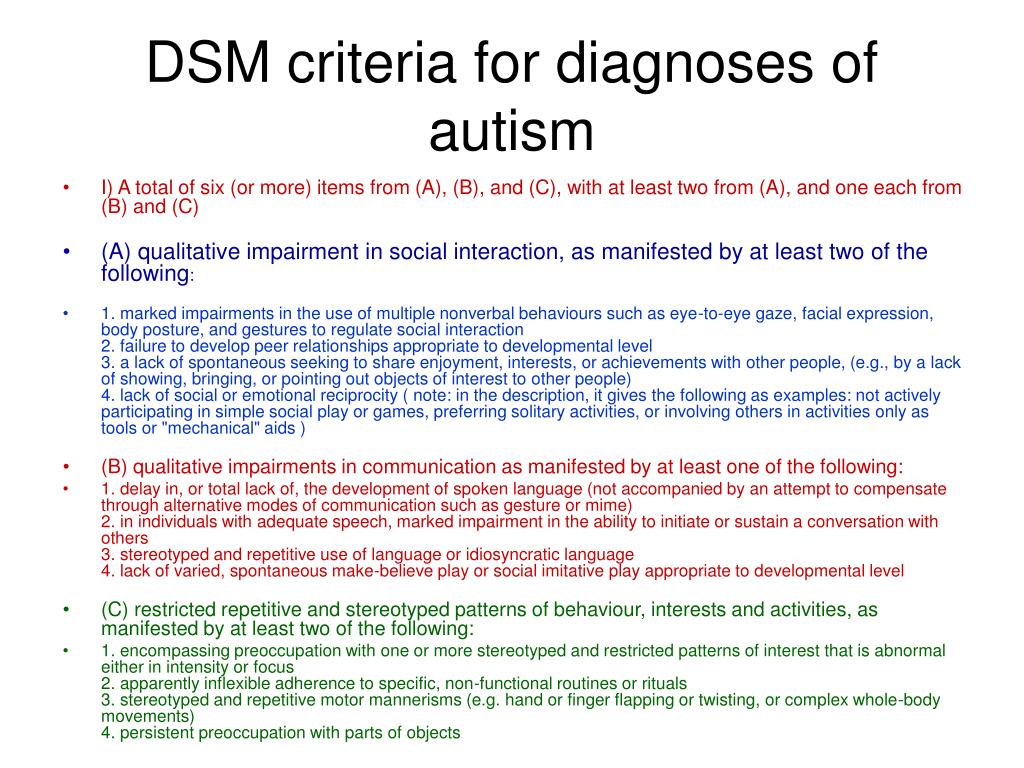
Irelandstat Blog
https://image3.slideserve.com/6417305/dsm-criteria-for-diagnoses-of-autism-l.jpg
Information practical and multimedia resources to support autistic people and their families before during and after diagnosis The guideline provides recommendations for best practice in the screening surveillance diagnosis assessment and clinical interventions for children and young people with ASD It also incorporates evidence and recommendations on assessment diagnosis and interventions for adults with ASD
Guidance intended to help integrated care boards deliver improved outcomes in all age autism assessment pathways This includes a national framework with ten principles for autism assessment services and guidance about applying these principles throughout the commissioning cycle In this guideline autism refers to autism spectrum disorders encompassing autism Asperger s syndrome and atypical autism or pervasive developmental disorder not otherwise specified
More picture related to Autism Diagnosis Guidelines Uk

4051 UMNO Online Flickr
https://live.staticflickr.com/65535/52692254289_d22773b29f_b.jpg
Overview Acute Coronary Syndromes Guidance NICE
https://www.nice.org.uk/Media/Default/guidance/NG185-visual-summary-STEMI-20201118.JPG
Overview Chronic Heart Failure In Adults Diagnosis And Management
https://www.nice.org.uk/Media/Default/guidance/NG106-management-visal-summary.PNG
Standard autism assessment an autism assessment conducted by a single clinician or two or more clinicians appropriately qualified to diagnose or rule out possible autism The assessment includes at a minimum a clinical interview behavioural observation integration of developmental and corroborative information and consideration of This guideline covers diagnosing and managing suspected or confirmed autism spectrum disorder autism Asperger s syndrome and atypical autism in people aged 18 and over It aims to improve access and engagement with interventions and services and the experience of
[desc-10] [desc-11]

Autism Spectrum Test Online Sclubpolf
https://i1.rgstatic.net/publication/353909455_DSM-5_Symptom_Checklist_for_Adult_Autism_Diagnosis/links/6197d0083068c54fa5022438/largepreview.png
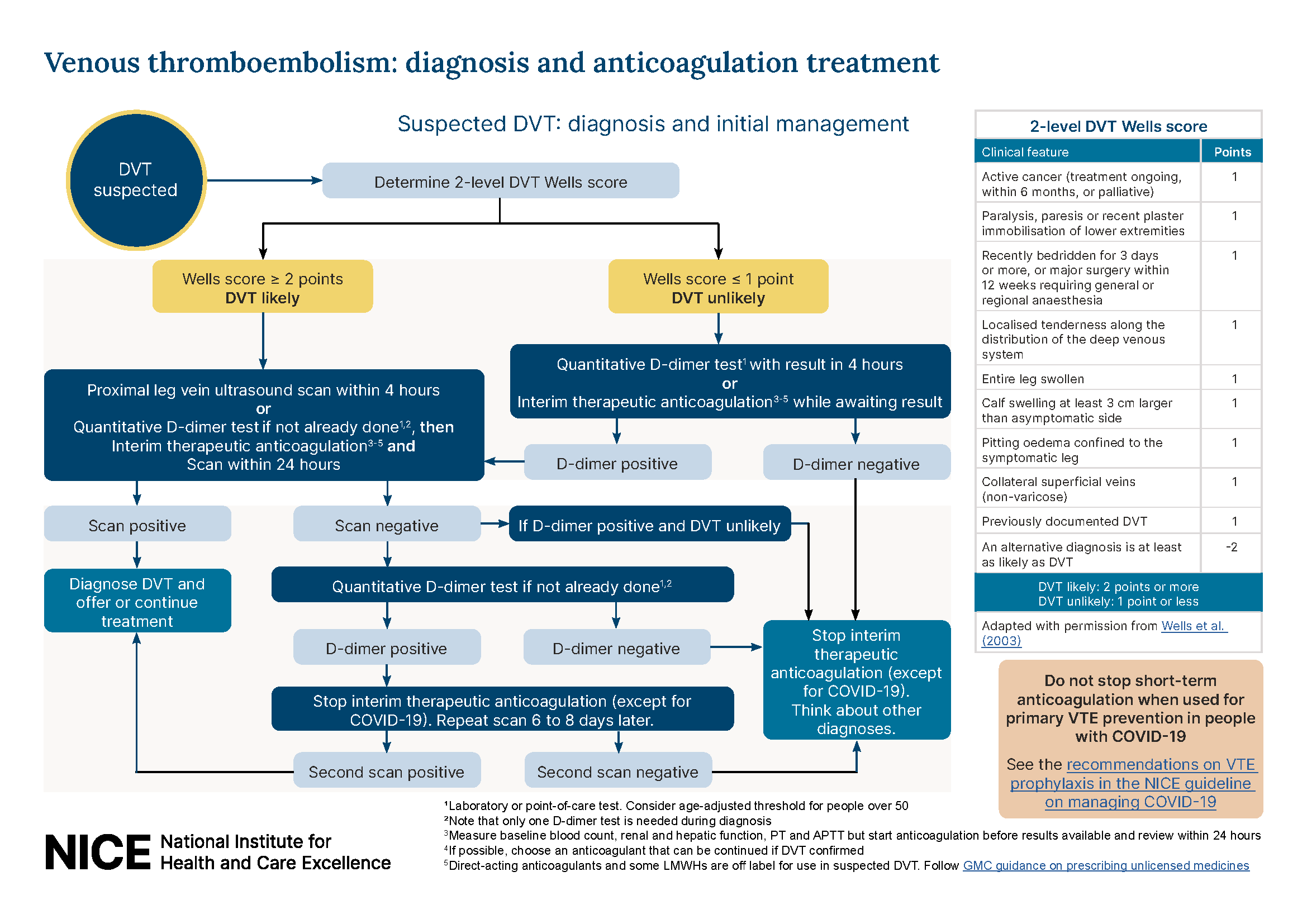
Overview Venous Thromboembolic Diseases Diagnosis Management And
https://www.nice.org.uk/Media/Default/guidance/ng58-visual-summary-20230802.png

https://www.autism.org.uk › advice-and-guidance › ...
An autism diagnosis should be based on criteria listed in the Diagnostic and Statistical Manual of Mental Disorders 5th Edition DSM 5 or the International Classification of Diseases 11th Revision ICD 11 according to the National Institute for Health and Care Excellence NICE guidelines Although many people including most autistic
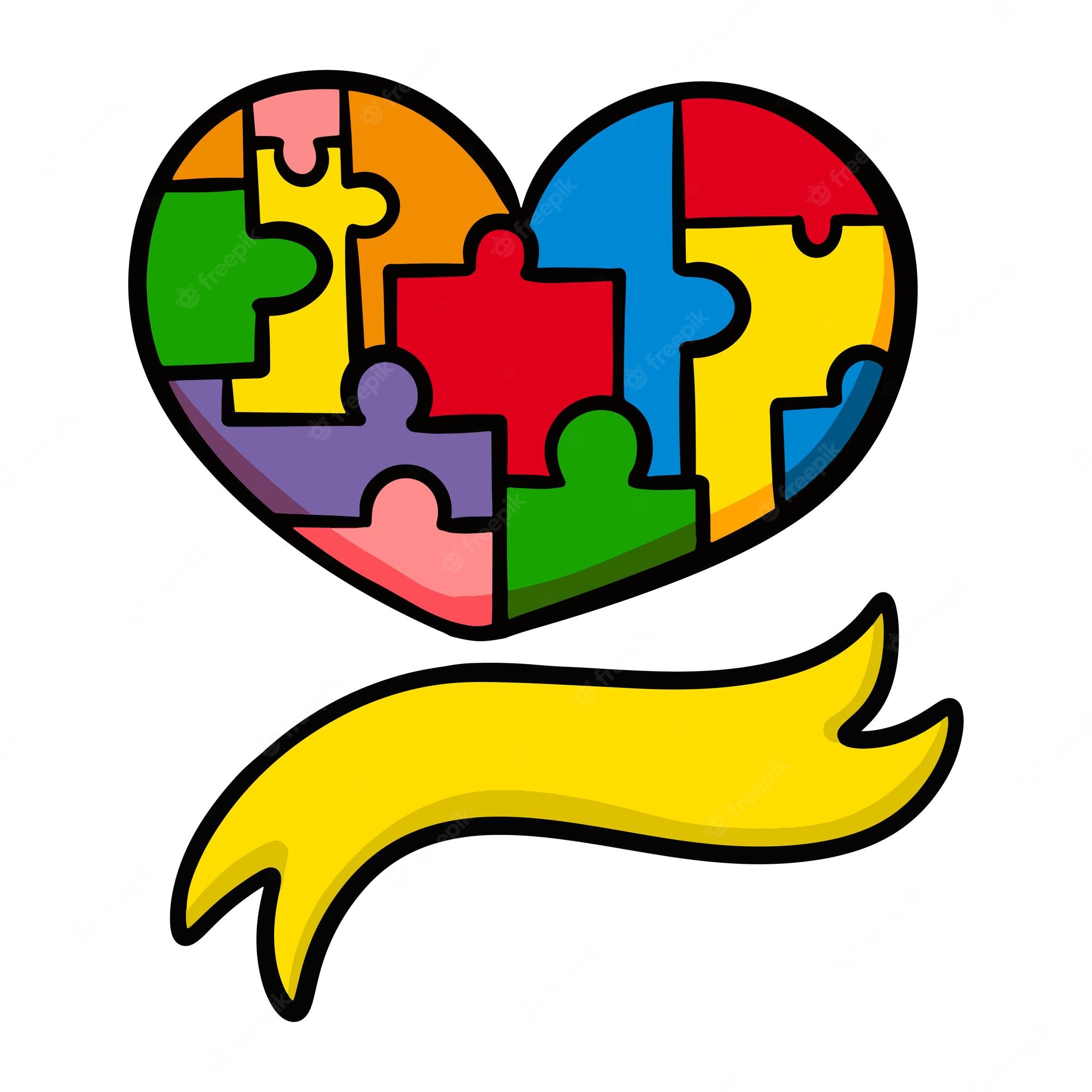
https://www.nice.org.uk › Guidance
This guideline covers recognising and diagnosing autism spectrum disorder in children and young people from birth up to 19 years It also covers referral It aims to improve the experience of children young people and those who care for them
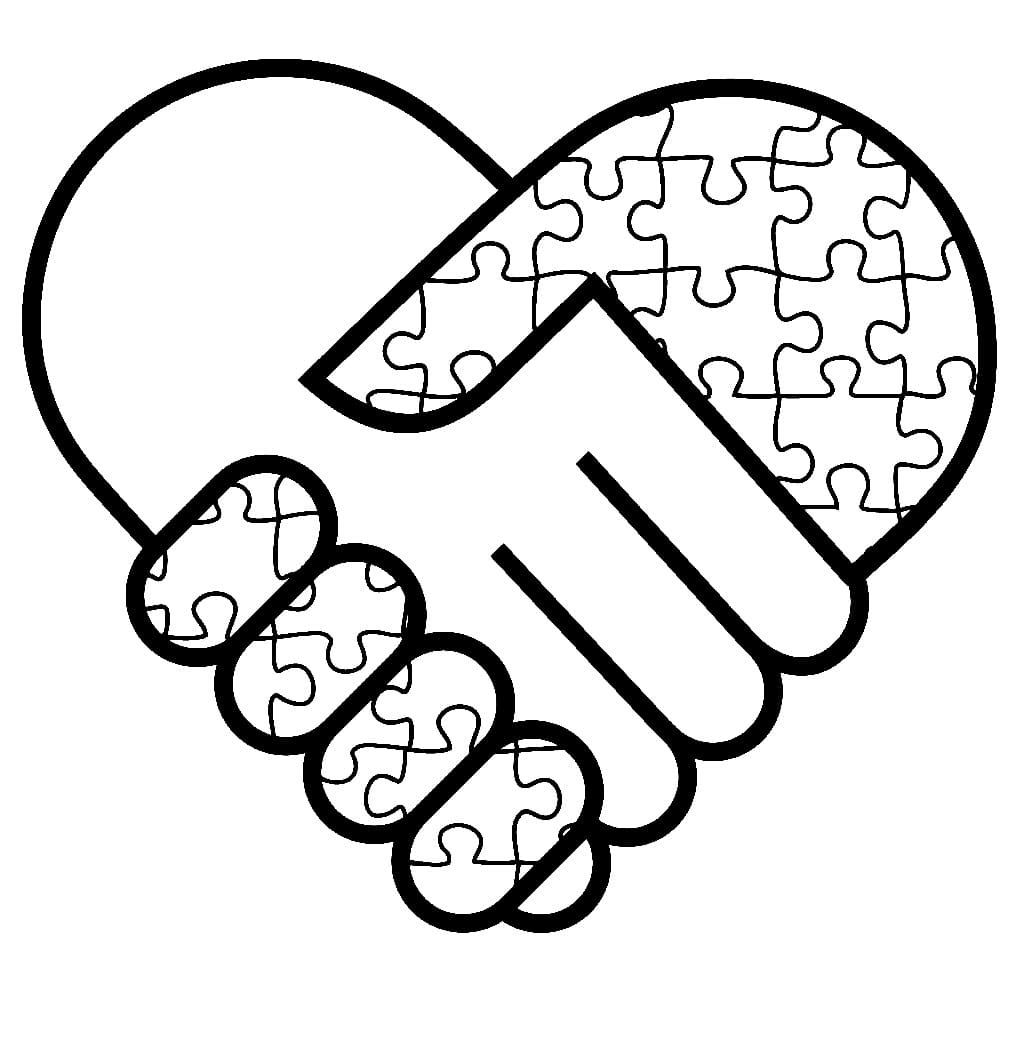
Ribbon Puzzle Autism Awareness Coloring Page Free Printable Coloring

Autism Spectrum Test Online Sclubpolf
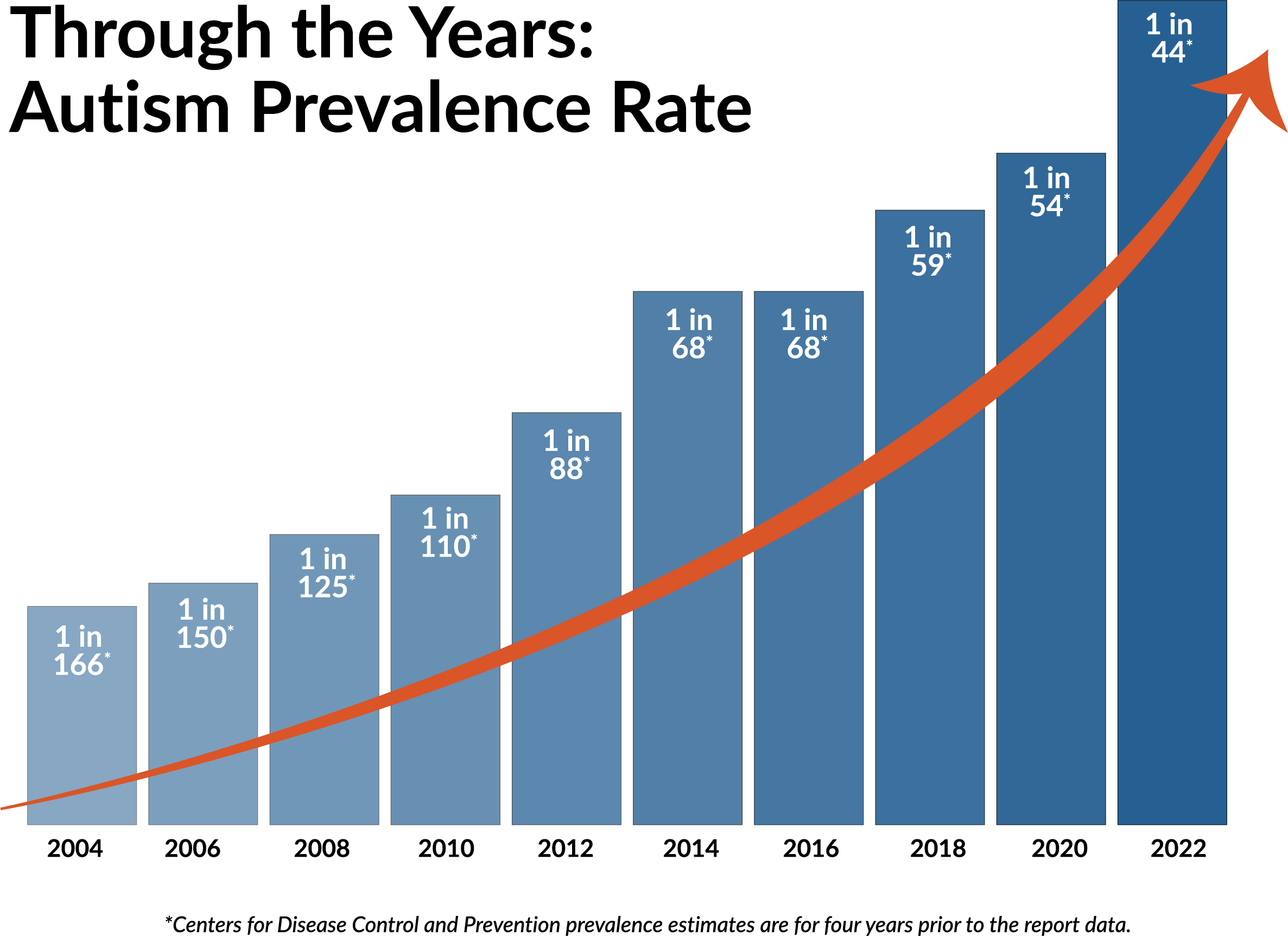
Prevalence Of Autism
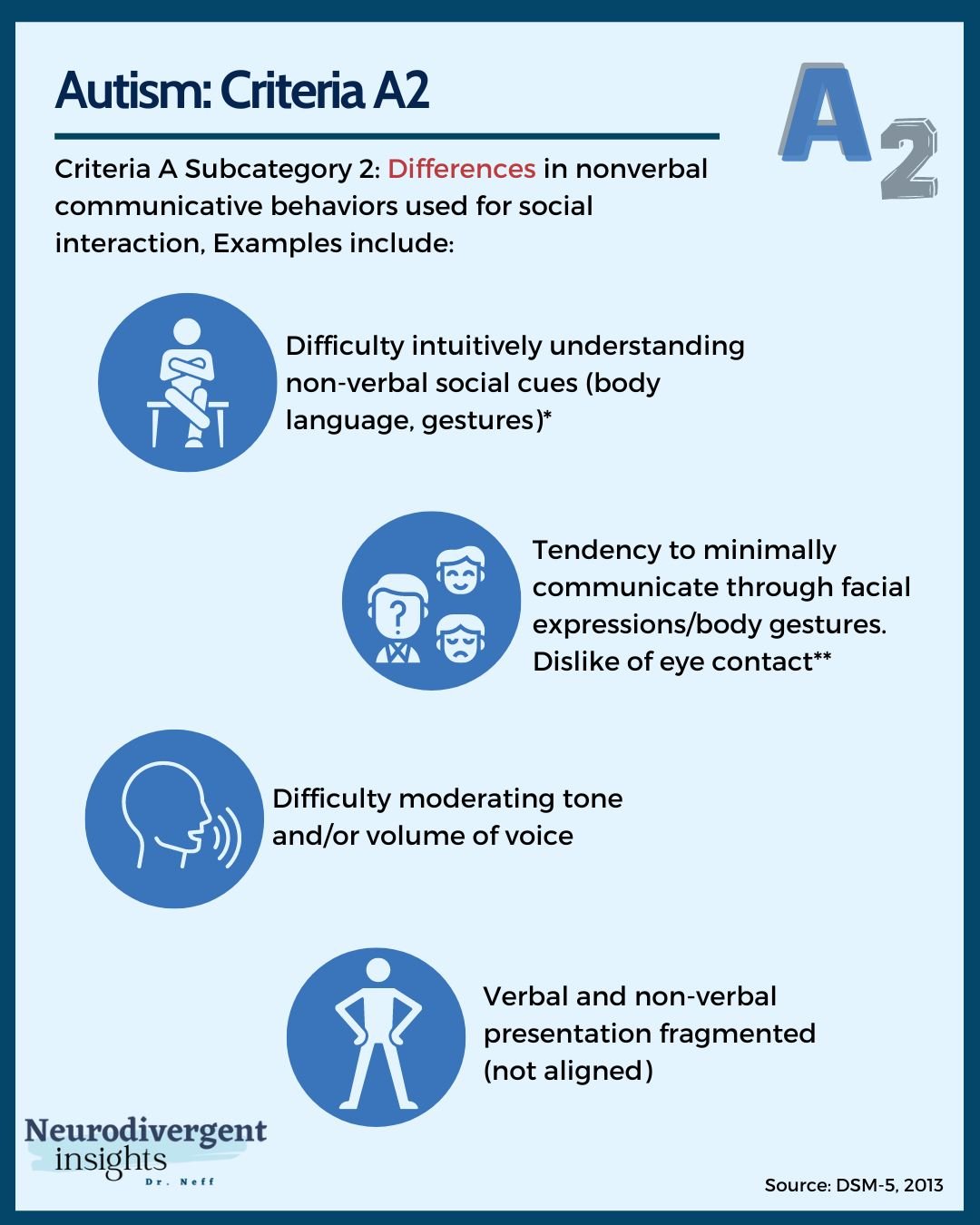
Dsm 5 Autismo Criterios BRAINCP

Autism Spectrum Disorder Testing Diagnosis Therapy Printrolf
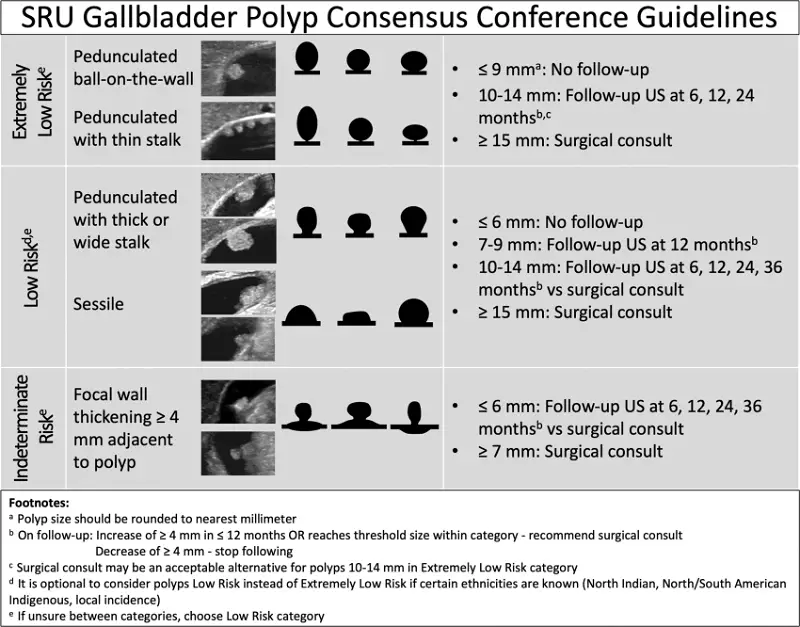
Gallbladder Polyp Recommendation Tool SRU Guidelines RadioGyan

Gallbladder Polyp Recommendation Tool SRU Guidelines RadioGyan

H R 2024 Autism Cares Act Of 2024 Feestdagen Camel Rhianon
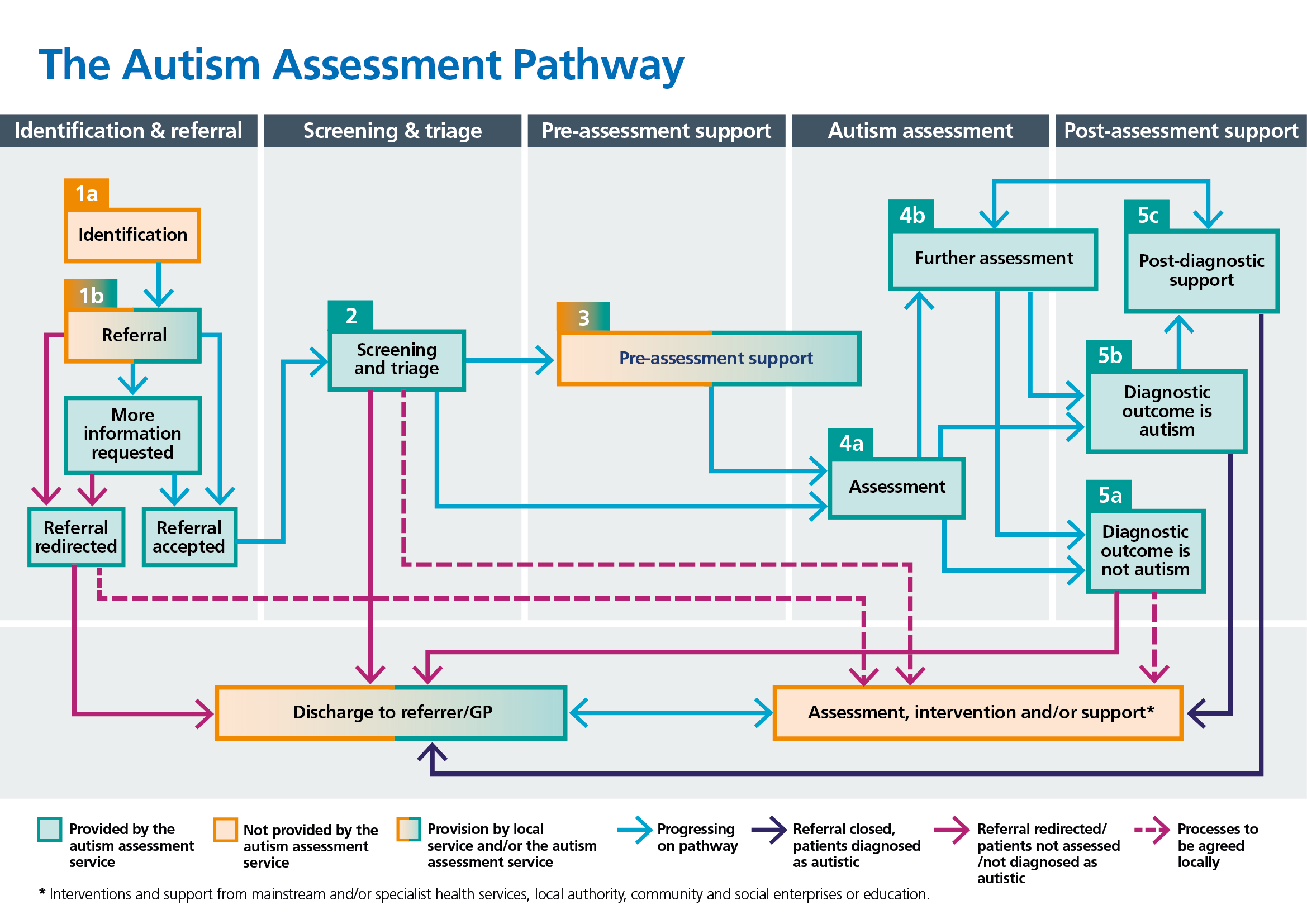
Autism Care Act Uk 2024 Kalender Tabby Leland

Wrong Mannerism Of Autism Stelomptam com
Autism Diagnosis Guidelines Uk - Guidance intended to help integrated care boards deliver improved outcomes in all age autism assessment pathways This includes a national framework with ten principles for autism assessment services and guidance about applying these principles throughout the commissioning cycle
